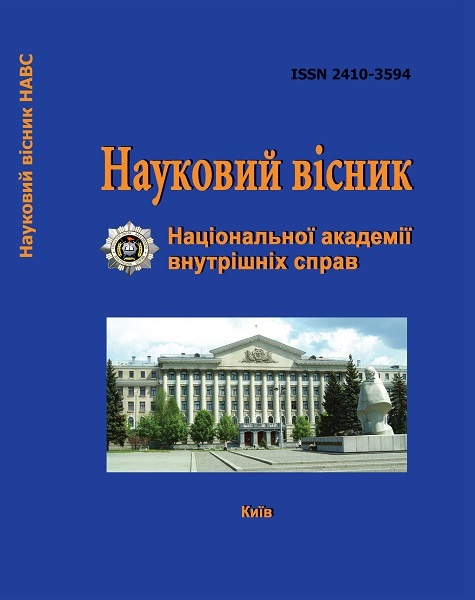Provision of Adversariality by the Court in Criminal Proceeding
Keywords:
court, proving, preliminary procedure, сourt hearing, parties to the proceeding
Abstract
After carrying out deep analysis of criminal procedure legislation, court practice and scientific theories we have distinguished the peculiarities of court activities at the stage of preliminary procedure and hearing. Offers are formulated for improvement of court’s legal coverage of adversariality principle in the framework of criminal proceeding. It is stressed that one of important conditions to guarantee the adversariality is the obligation of the court, along with its commitment to stay impartial, to provide opportunities for the parties to exercise their rights and fulfill relevant obligations. Adversariality of criminal proceeding is guaranteed by authorities granted to the judge in terms of ensuring the parties’ participation in the process. One of the key conditions to establish the adversariality of criminal proceeding is to ensure the parties’ procedural equity which means that both prosecution and defence must keep balance regarding their rights and obligations. Activity of the court as subject of criminal proceeding does not contradict the adversariality principle and is necessary upon condition of the parties’ initiative in establishing the scope and procedure of evidence examination. In order to ensure the adversariality in criminal proceeding one must stipulate the opportunity to examine the evidence collected by the court after identical examination of evidence provided by prosecution and defence along with other parties of the criminal proceeding.Downloads
Download data is not yet available.
Abstract views: 100 PDF Downloads: 46
How to Cite
[1]
Syzonenko, A. 1. Provision of Adversariality by the Court in Criminal Proceeding. Scientific Herald of the National Academy of Internal Affairs. 105, 4 (1), 237-247.
Issue
Section
Theoretical and practical aspects of legal science
- Authors reserve the right to authorship of their own work and transfer to the magazine the right of the first publication of this work under the terms of the Creative Commons Attribution License, which allows other persons to freely distribute published work with mandatory reference to authors of the original work and the first publication of an article in this magazine.
- Authors have the right to enter into separate additional agreements on non-exclusive dissemination of the work in the form in which it was published in the journal (for example, to post an article in the institution's repository or to publish as part of a monograph), provided that the link to the first publication of the work in this journal is maintained.
- The journal's policy allows and encourages the posting of articles by authors on the Internet (for example, in electronic storehouses of institutions or on personal websites), both before the submission of this manuscript to the editorial office and during its editorial processing, as this contributes to the creation of a productive scientific discussion and positively affects the efficiency and dynamics of citing the published work.




